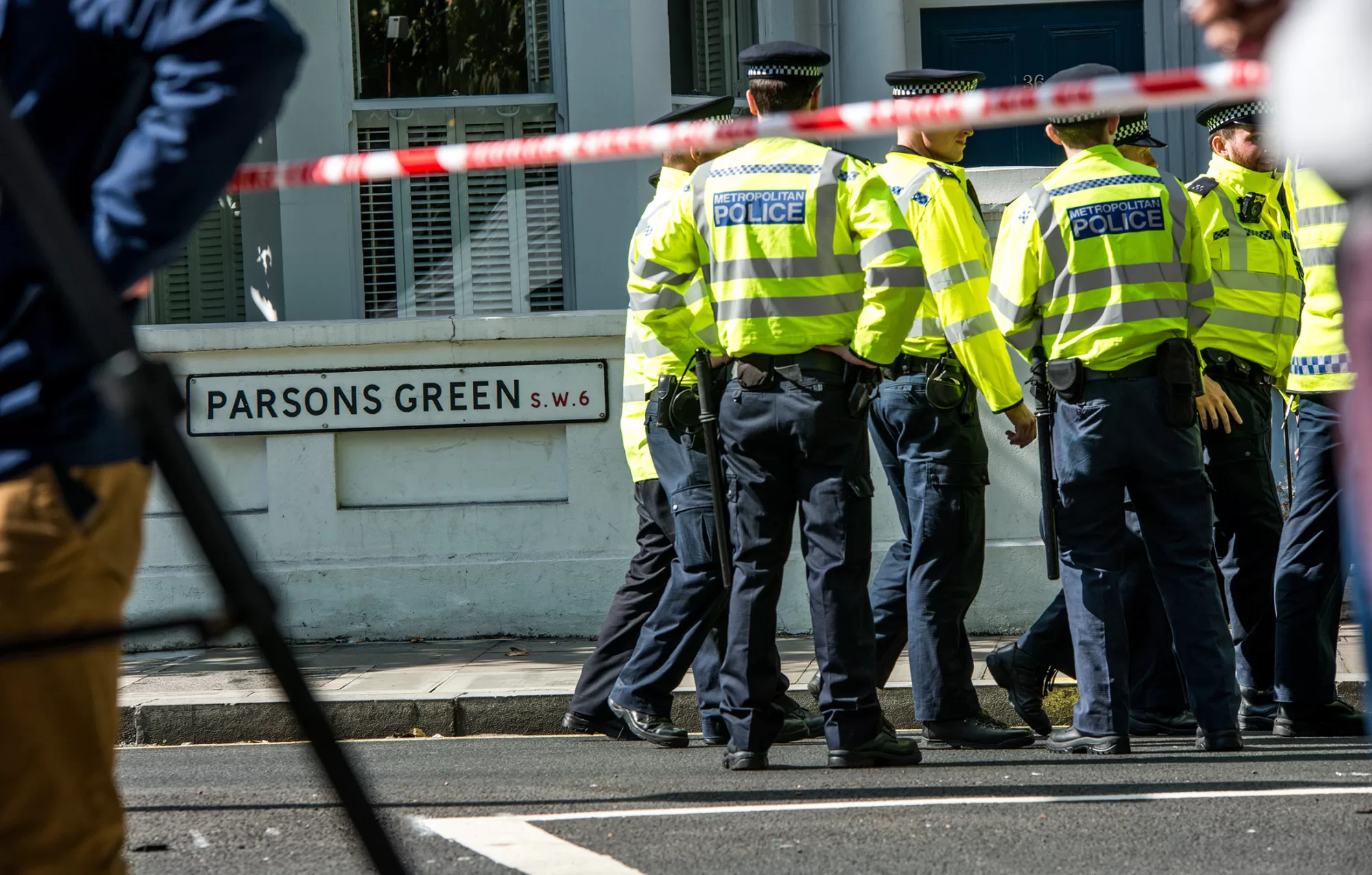On Monday 16 September, the United States imposed financial sanctions and visa restrictions on Georgians who they believed to be involved with violent crackdowns on peaceful protests that had occurred in the country’s capital Tbilisi in the spring. The protests were sparked in resistance to the passing of a “foreign agents law”, which shares similarities with an existing law in Russia – raising concerns that the Georgian government is aligning more closely with the Kremlin.
These demonstrations were led by young adults. University students organised and turned out in their thousands, and the majority of protesters on the streets were members of Gen Z. It is commonplace for young people to be vocal about what they believe in, but despite the US supporting the struggle of the youth against their government in Georgia, when it comes to home soil, their commitment to free speech isn’t so steadfast. The US drew condemnation from UN human rights experts regarding the aggressive and harsh measures used by authorities against pro-Palestine protesters on US university campuses – many peaceful demonstrations were met with surveillance and arrests across the country. Further measures are being taken to prevent protests ahead of the 2024/25 academic year, and these have been met with disdain from the American Association of University Professors in a statement made last month.
The USA is far from alone when it comes to recent crackdowns on the right to protest. As Index has previously covered, there have been multiple arrests at both climate protests and pro-Palestine protests in the UK in recent years, and the Conservative government led by Rishi Sunak introduced the much criticised Policing, Crime, Sentencing and Courts Act 2022, the Public Order Act 2023, and Serious Disruption Prevention Orders, all of which significantly inhibit people’s right to protest. This crushing of demonstrations even breached the realms of legality when Suella Braverman was ruled to have passed unlawful anti-protest legislation in 2023. In recent times, the sheer scale of punishment for non-violent protesters in the UK has been brought into the public eye with the sentencing in July of Roger Hallam of Just Stop Oil (JSO) to five years imprisonment, and four other JSO members to four years, for coordinating protests on the M25.
Lotte Leicht, a Danish human rights lawyer who holds the position of advocacy director at Climate Rights International – a monitoring and advocacy organisation that recently put out a statement outlining hypocrisy from western governments regarding climate protests – spoke to Index on this issue, and she believes that the UK is the worst offender.
“The crackdown, and particularly the use of law to sentence non-violent disruption by climate protesters in the UK has stood out as the most severe and most extraordinary measure [from any country]. And one thing that’s very disappointing from our point of view is not to see the new Labour government tackling these draconian laws from the previous government, and taking steps to revoke them,” Leicht said.
She added: “The prevention of UK activists from explaining their motivations for their actions in court, and judges actually preventing them from doing so… As a lawyer, I would say this prevents people from having a fair trial.”
This crackdown on protests has become prevalent in many democracies within ‘the Global North’ in recent years, and examples are not hard to come by. On 11 September, thousands of anti-war protesters in Melbourne, Australia gathered outside a weapons expo, protesting the government’s stance on arms, and the use of such weapons in Gaza. The protests quickly became the subject of great scrutiny when there were violent clashes between Melbourne police and demonstrators, with police allegedly using excessive “riot-type” force, resulting in multiple injuries.
In Germany, pro-Palestine protests have also repeatedly been met with harsh measures, such as bans. The country’s history of anti-Semitism has impacted its attitude towards protests and events that are critical of Israel, causing police to be more heavy handed than in other democracies.
Leicht, who is also the council chairwoman at the European Center for Constitutional and Human Rights (ECCHR), a nonprofit dedicated to enforcing civil and human rights globally, told Index that this increasing anti-protest action from western democracies sets a very worrying precedent.
“This represents a massive deployment of double standards. Because these are the same governments that rightfully stand up for freedom of expression, association and assembly in different corners of the world when authoritarian governments are cracking down horrifically on dissent in their countries,” she said.
“These countries are usually there to say ‘Oh, that’s not good’, and we want them to do that! But by not practising what they preach and undermining these principles at home, they will lose that credibility. In a way, they will provide a green light to authoritarian governments to do the exact same for those that they don’t like. I mean, why not?”
Leicht does, however, believe that a continued struggle against these litigations will not be in vain.
“Protests in the past have also been disruptive, annoying and irritating for those in power — look at the Suffragettes. Now, is that something that we today would say ‘That’s just annoying and irritating’? Many felt so at the time. They were disruptive, they were irritating, they were strong, they were principled – and they were successful. And I think history will tell the same story about courageous climate protesters,” she said.
It is clear that countries positioning themselves as “champions of democracy” must truly allow freedom of expression within their own borders, especially when they set the tone globally. If they continue to infringe upon the rights of people to demonstrate their beliefs and advocate publicly for change, then the future will be silent.






